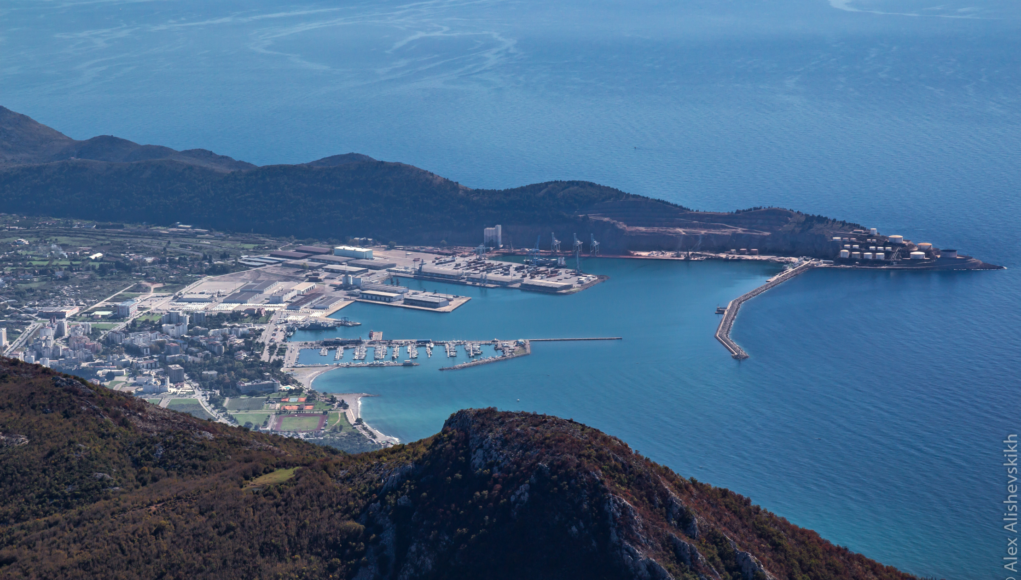PODGORICA — Workers at Montenegro’s Port of Adria (PoA) are gearing up for a strike, demanding a significant 40% salary increase amidst concerns of dwindling wages. The maritime company, once a beacon of higher-than-average salaries in the country, now sees its workers earning less than the national average.
Union leaders have confirmed a warning strike scheduled for October 12. If the company does not address their wage concerns, the workers are prepared to escalate to a general strike. The looming labor unrest underscores a broader issue in Montenegro’s maritime sector, where wage disparities have become increasingly pronounced.
The Port of Adria, located in the coastal town of Bar, is the country’s most significant maritime hub. Historically, jobs at the port were coveted due to their higher-than-average salaries. However, since the port’s privatization in 2014, the situation has changed dramatically. The workforce has shrunk from over 570 employees at the time of privatization to 315 today.
Zoran Martinović, president of the trade union organization of PoA employees, highlighted that before privatization, their salaries were approximately 25% higher than the country’s average. Today, the average monthly salary at PoA is €680, lagging behind Montenegro’s average of €799.
The unions have also raised concerns about the company’s disregard for the Collective Agreement. They point out that many employees, despite having the same qualifications and over two decades of service, earn the same as those who’ve been with the company for just a few months.
Sedat Kara, PoA’s executive director, has been informed of the workers’ demands. The unions are giving the management 30 days to address their concerns, after which they are prepared to take further action.
This impending strike and the broader wage dispute at the Port of Adria offer a window into the challenges faced by workers in Montenegro’s privatized sectors. As the country navigates its economic future, the resolution of such disputes will be crucial for both worker morale and the nation’s economic stability.
Source/s: Dan
Image source: Alex Alishevskikh / Wikimedia
The Southeast European Observer participates in the Amazon Services LLC Associates Program. While we strive to provide our readers with unbiased and reliable information, please be aware that any purchases made through Amazon affiliate links on our site generate a small commission for us at no extra cost to you. This helps support our platform and allows us to continue delivering quality content to our readers.
We ensure that the presence of Amazon affiliate ads does not influence our editorial content, and no affiliate links are included within the text of our articles.












